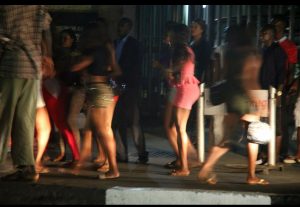The desexualization of the Asian American male
Written by Andrew KungAndrew Kung is a Chinese American photographer based in New York. All opinions expressed in this article belong to the author. Beauty is a new section of CNN Style.I always knew that, as an Asian American man growing up in the United States, I wasn’t as desirable or “American” as my peers. As a kid, I never saw Asian men dating outside of our race, or with white women especially. Non-Asian women felt inaccessible, fueling a preexisting feeling of invisibility — one driven by micro-aggressions, a lack of representation and, ultimately, stereotypes that painted us as passive, emasculated boys lacking sex appeal and a voice.”Austin” (2019) by Andrew Kung Credit: Andrew KungWhen I think of what it means to be “all-American,” I imagine a prototypical white male — physically well-built, outgoing, charismatic, liked by everyone. This traditionally masculine person represents the ideal man reinforced by what we see on TV, in movies and across the broader mainstream.Asian American men, however, have never fit this mold. Unlike Asian American women, who have long been fetishized in the West, we have been desexualized ever since the first Chinese communities immigrated to the US. As a way of minimizing the threat posed by Chinese men — who were often portrayed as stealing white Americans’ jobs and women — Asians were characterized as passive, effeminate and weak.”These stereotypes were further promoted in movies, where white actors like Mickey Rooney (Mr. Yunioshi in “Breakfast at Tiffany’s”) and Warner Oland (who played both Fu Manchu and the fictional detective Charlie Chan), used thick, stunted accents and exaggerated mannerisms to reinforce existing stereotypes, ridiculing or villainizing Asian men as a form of entertainment. These early popular depictions are at the root of today’s ridicule and discrimination.






